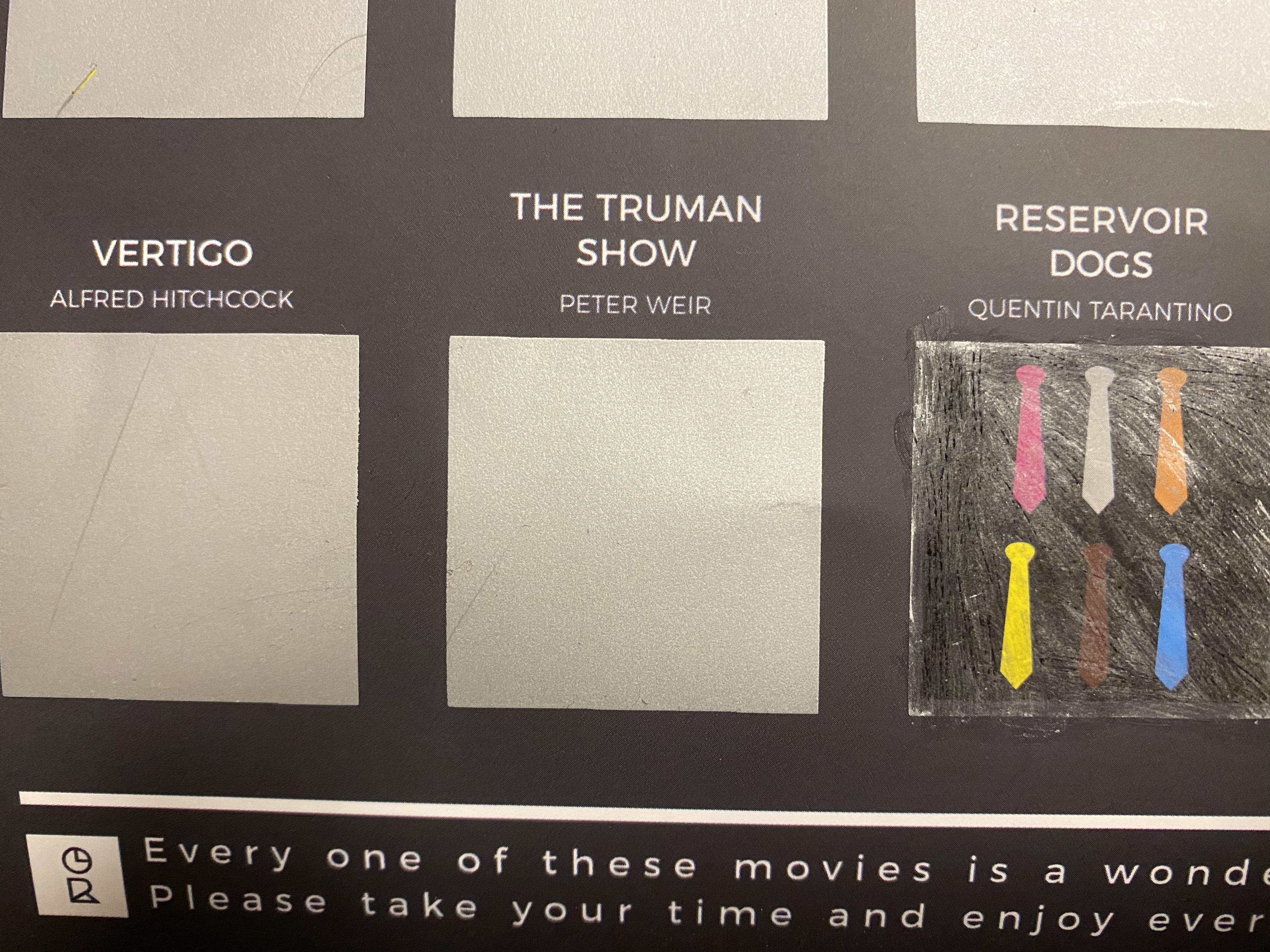In the age of ubiquitous screens and omnipresent surveillance, the 1998 film “The Truman Show” remains a prescient critique of modern media and surveillance culture. Directed by Peter Weir and starring Jim Carrey, the film tells the story of Truman Burbank, an ordinary man who gradually discovers that his entire life has been broadcast as a reality television show. While it initially presents itself as a quirky and engaging narrative, “The Truman Show” delves deeper into the ethical quandaries and societal implications of constant observation and media manipulation. This article will explore how the film’s themes resonate with contemporary issues, examining its critique of the pervasive reach of media and the unsettling normalization of surveillance in today’s society. Through an analytical lens, we will uncover the layers of commentary embedded within the film, revealing its enduring relevance and its profound insights into the nature of privacy, autonomy, and the human condition.
Exploring the Satirical Elements in The Truman Shows Portrayal of Media Manipulation
The Truman Show masterfully employs satire to expose the insidious nature of media manipulation and the pervasive reach of surveillance culture. The film’s exaggerated depiction of Truman Burbank’s life, meticulously curated for a global audience, serves as a mirror reflecting our own society’s obsession with reality television and the relentless pursuit of ratings. By presenting Truman’s life as a commodity, the movie critiques how real-life media can exploit personal experiences for profit and entertainment.
Key satirical elements include:
- Invasive Surveillance: Every moment of Truman’s life is broadcast without his consent, paralleling the growing concerns over privacy in the digital age.
- Fabricated Reality: The constructed world around Truman highlights how media can distort reality to fit a specific narrative, often blurring the lines between truth and fiction.
- Manipulative Producers: Christof, the show’s creator, embodies the manipulative force behind media, orchestrating every aspect of Truman’s existence to maintain viewer engagement.

Analyzing the Role of Surveillance in The Truman Show and Its Reflection on Contemporary Society
In The Truman Show, the pervasive surveillance of Truman Burbank’s life is a central theme that serves as a powerful critique of modern media and its omnipresent gaze. The film masterfully juxtaposes Truman’s constructed reality with the audience’s complicity in his exploitation, highlighting how surveillance can be both invasive and normalized. This mirrors contemporary society‘s complex relationship with surveillance technologies and media consumption. As we watch Truman’s every move, we are prompted to reflect on our own consumption of reality TV and social media, where the lines between entertainment and intrusion are often blurred.
- Invasive Surveillance: The film illustrates how constant monitoring can strip individuals of their privacy and autonomy.
- Normalization of Surveillance: Truman’s life under the camera lens becomes a spectacle, much like how reality TV and social media have normalized the sharing of personal lives.
- Audience Complicity: Viewers are encouraged to question their role in consuming media that thrives on the invasion of privacy.
By drawing these parallels, The Truman Show serves as a cautionary tale about the ethical implications of surveillance in our own lives. It compels us to question the moral boundaries of media consumption and the value we place on privacy in an age where surveillance is increasingly ubiquitous.
The Psychological Impact of Unwitting Participation in Reality TV: Lessons from The Truman Show
The film’s protagonist, Truman Burbank, unknowingly becomes the focal point of an elaborate televised spectacle. This scenario raises pressing questions about the psychological toll of being surveilled without consent. Individuals subjected to such unrelenting scrutiny may experience:
- Anxiety and Paranoia: Constant surveillance can foster a pervasive sense of being watched, leading to heightened stress levels and mental health issues.
- Identity Crisis: Discovering that one’s life has been orchestrated for entertainment can lead to profound confusion about one’s true self and autonomy.
- Trust Issues: The realization that friends, family, and even strangers are complicit in the deception can erode trust in interpersonal relationships and societal structures.
Through Truman’s journey, the film underscores the ethical implications of reality TV and surveillance, highlighting the potential for emotional and psychological harm in scenarios where individuals are deprived of their privacy and autonomy.

Recommendations for Ethical Media Practices in Light of The Truman Shows Critique
To foster ethical media practices inspired by The Truman Show, it is imperative to address the inherent issues highlighted by the film. Media organizations and content creators should prioritize the following:
- Consent and Privacy: Ensure that all participants are fully aware and have given explicit consent to be part of any media production. This includes informing them about the extent of surveillance and data collection.
- Transparency: Maintain clear and open communication with audiences about how content is produced, edited, and presented. Transparency fosters trust and accountability.
- Ethical Storytelling: Focus on stories that respect the dignity and privacy of individuals. Avoid exploiting personal tragedies or sensationalizing sensitive issues for ratings or clicks.
- Data Protection: Implement robust data protection measures to safeguard personal information. Limit data collection to what is absolutely necessary and ensure it is stored securely.
- Regulation and Oversight: Advocate for stronger regulations and oversight mechanisms to prevent abuses of power within the media industry. Support policies that protect individuals from invasive surveillance and unethical media practices.































